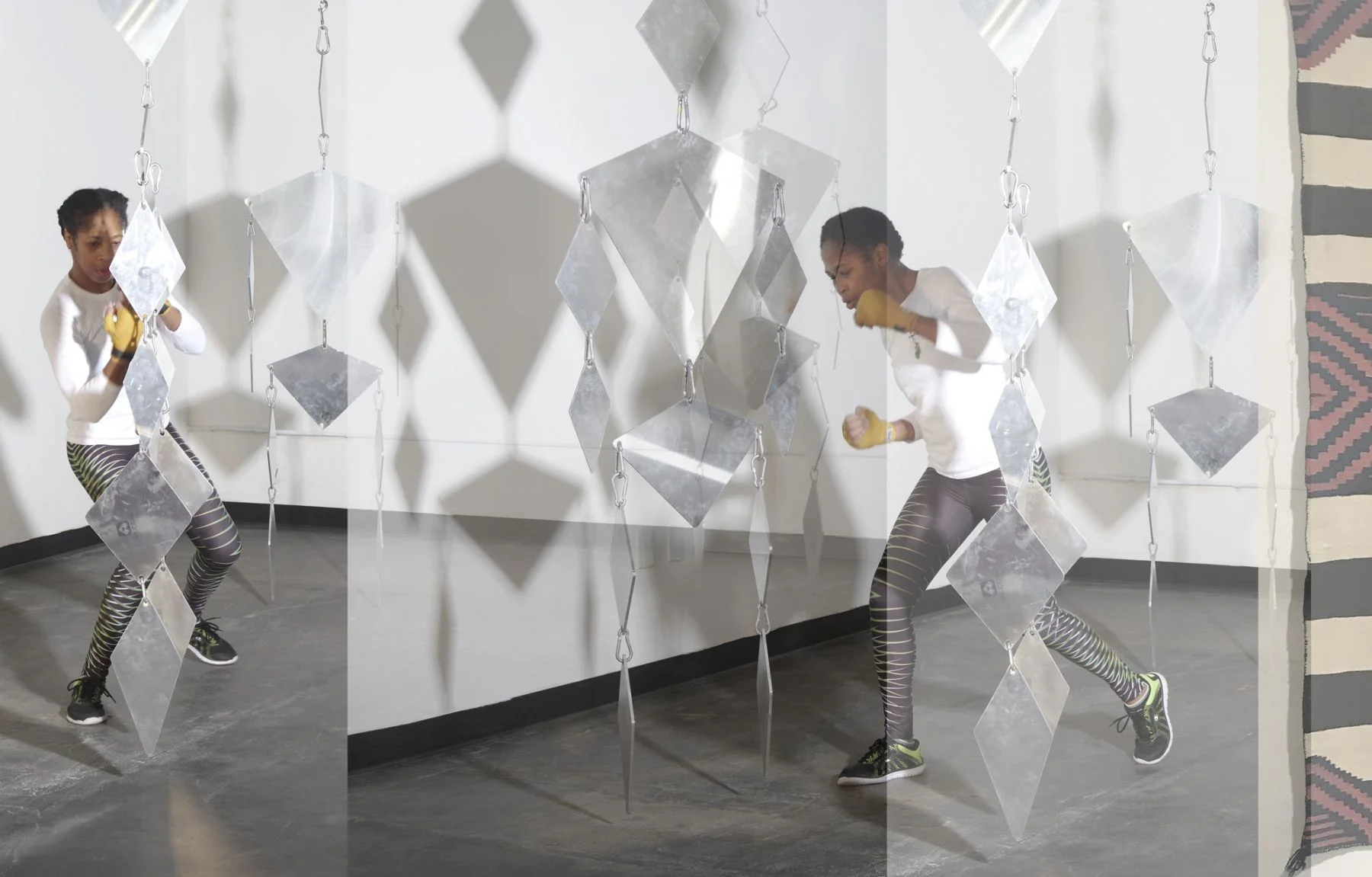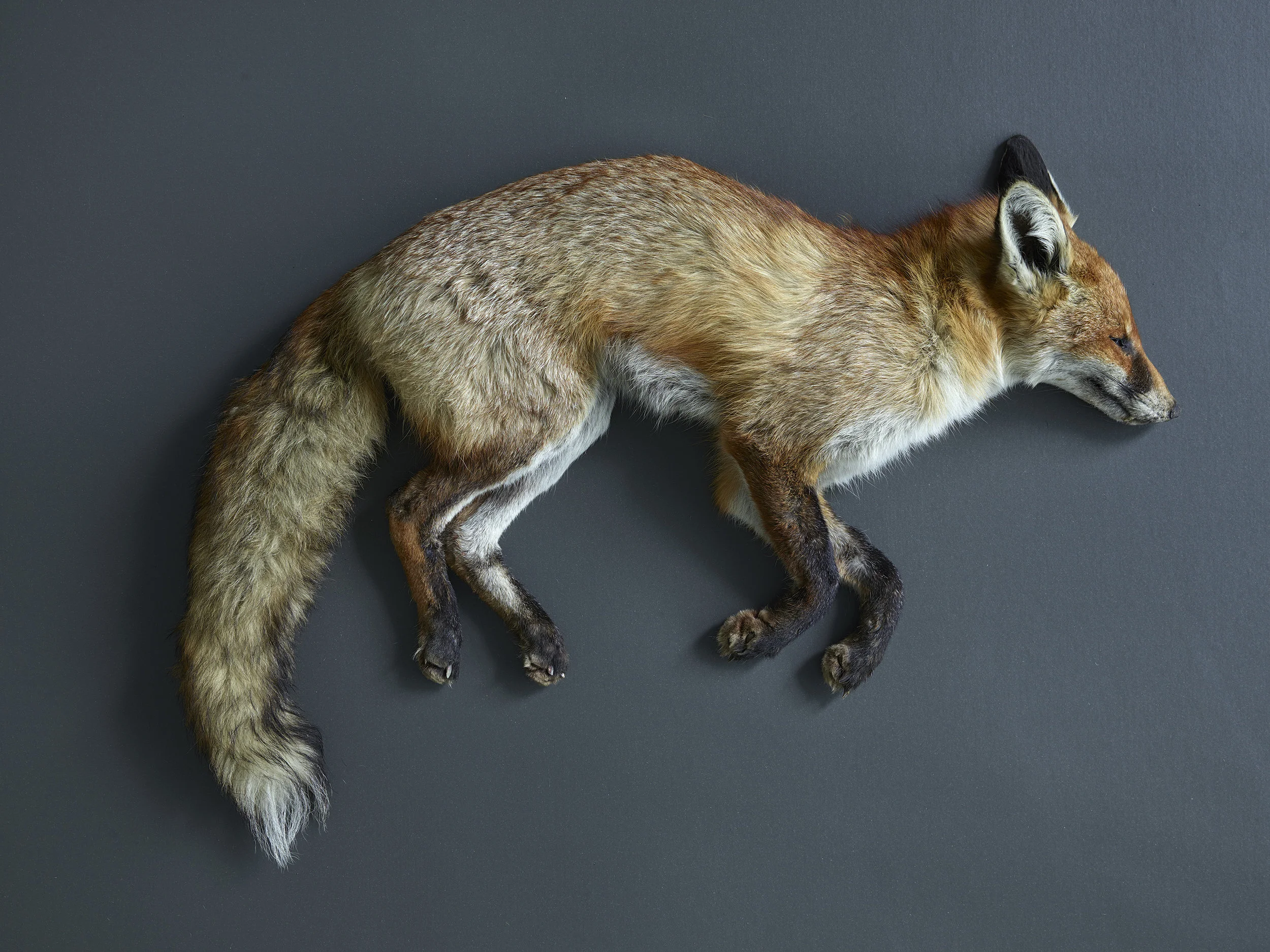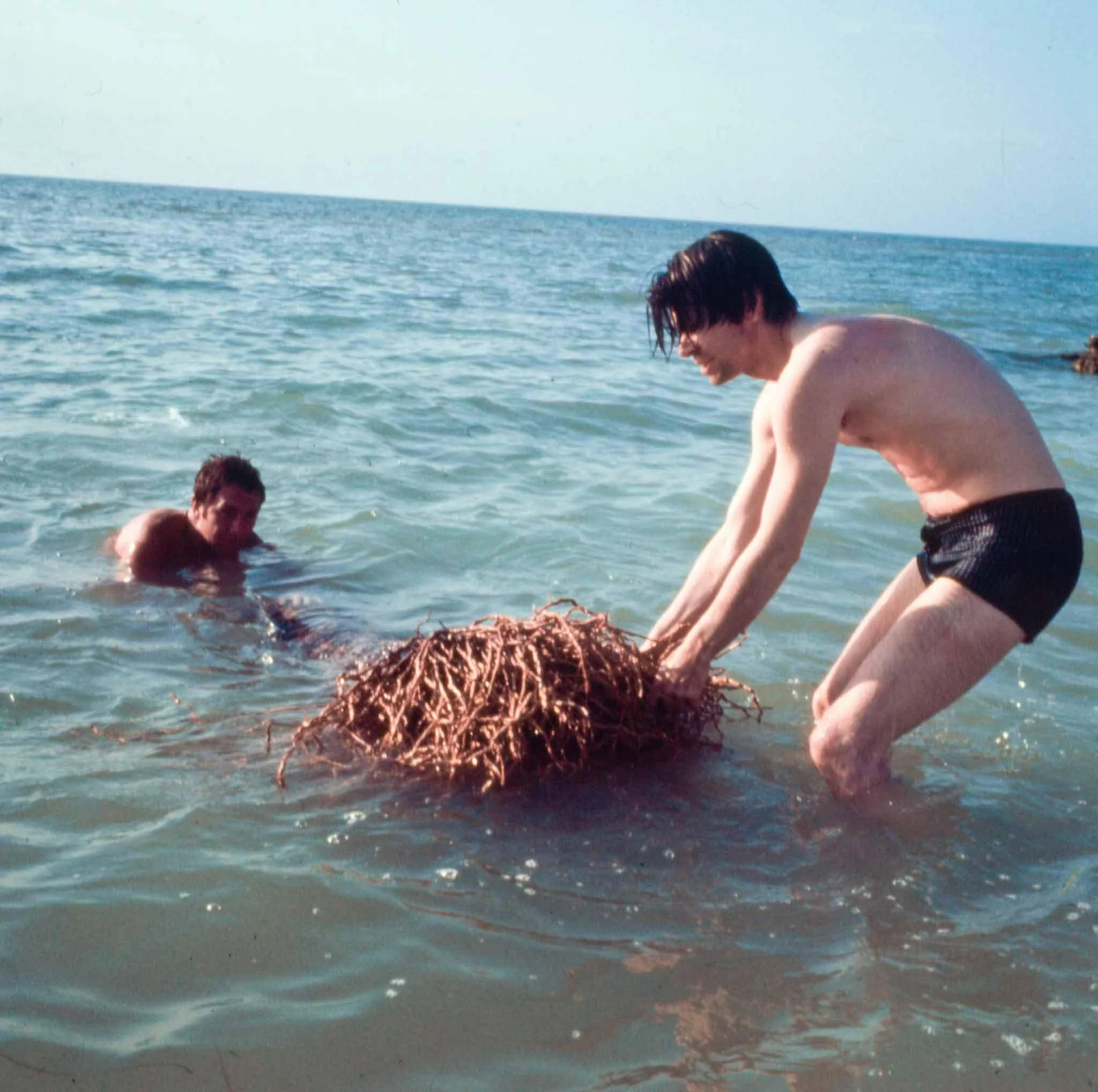Allan Sekula
“Labor’s Persistence”
New York, 24 West 57th Street
Following an inaugural exhibition of Allan Sekula at the London gallery this spring, Marian Goodman Gallery New York is pleased to announce an upcoming summer show of work by Allan Sekula (1951-2013), which constitutes the largest presentation on the East Coast of this artist and critic’s photography. Sekula may be best known for his substantial essays of images and texts exploring the maritime world, such as Fish Story featured in Okwui Enwezor’s Documenta XI (2002), and subsequent films The Lottery of the Sea (2006) and The Forgotten Space (2010), the latter co-directed with Noël Burch.
Growing up in San Pedro, the immense port of Los Angeles, Sekula gravitated to the sea as a space of freedom and hard, sweaty work. As important, the contemporary maritime world was a site of rapid changes in modern technologies from traditional bulk holds to enormous container ships and accompanying cranes, which reduced much labor on the seas and in the ports while also greatly increasing global trade and outsourcing of manufacturing to sites of cheaper labor. Thus Sekula, grandson of a Pennsylvania railroad blacksmith, found himself wanting to redirect attention to this largely ignored field of work and commerce in the age of more glamorous air travel and high-speed global communication networks.
But more than the sea, Sekula’s abiding focus was the increasingly downgraded world of industrial work. An unashamed marxist, he consistently invoked the centrality of the labor theory of value. And following both Karl Marx and Roland Barthes, he protested the commodity-oriented culture’s glossing of the diverse forms of work that make our material world possible. A passing critical comment by Barthes on The Family of Man’s “eternal esthetics of laborious gestures” provoked Sekula’s own essay on the topic of photography’s unacknowledged debt to human labor; even more it inspired his personal quest to feature workers and work in their rarely stable, contingent relation to management, technology, history and regional culture. Photography for Sekula was haunted by both human labor and the hegemonic disregard for such agency and transaction from below.
Even as a student plotting the possibility of living as an artist and activist (at a time when his father had lost his job like so many aerospace engineers during a period of industrial contraction with the winding down of US military intervention in Southeast Asia), Sekula, the eldest of five children, confronted his own precarious social position coming from a family struggling to retain middle-class respectability. As an engaged anti-war activist, he simultaneously sought to figure out how art and photography both contributed to the reigning social order and, if used deftly, might undermine it. Throughout his career, he represented himself as well as others in his depictions of class struggle ever in flux.






